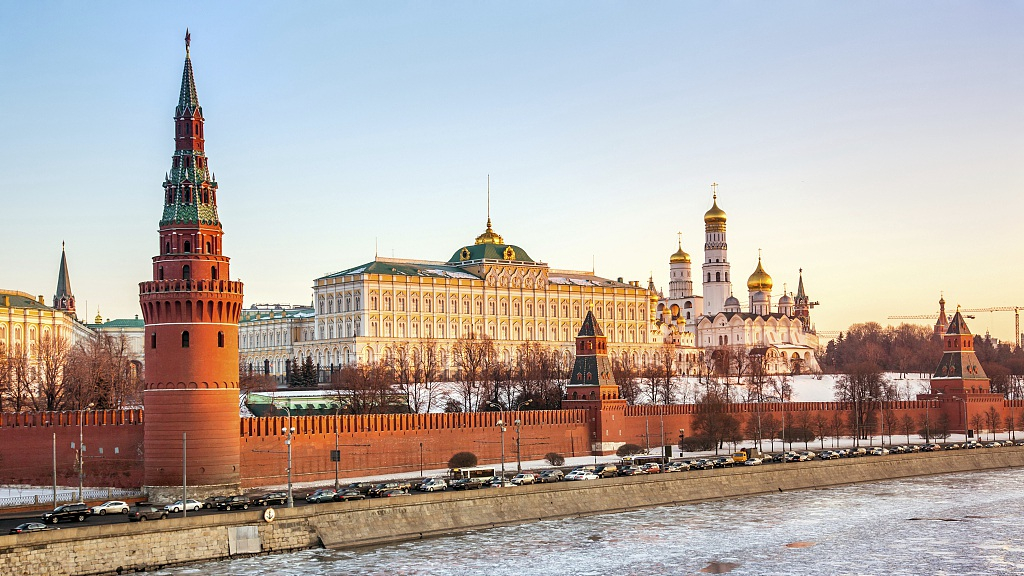
Economy
09:39, 05-Jun-2019
Russia's tourism economy aim at sports fans over core markets
Updated
11:05, 05-Jun-2019
Hu Binyi
01:53

Russia is positioned as Europe's biggest retail market and it's betting on tourism to drive growth amid global economic uncertainty. Now tourism is at the center of reviving Russia's economy and improving its image overseas.
The country saw a 10-percent surge in international tourist arrivals last year from China, Germany and South Korea thanks to the 2018 FIFA games. In order to keep the momentum, Russia is plunging money into infrastructure to attract more international tourists and spending here.
Since Russia is close to Asia, Europe and Central Asia, the unique position is increasing the tourism market demand. Russia's new Siberian terminal is now a transit hub for Chinese visitors. Evgeny Pankevich, chairman of St. Petersburg Committee for tourism development, said a connection with the core market is the priority.
"Doing these, we understand we need to gain a lot of tourists and build connections with core markets. And China of course for us as core market furthers Beijing and all of the major Chinese cities," he said.
A better business climate has strengthened Russia's hotel, restaurant and retail sectors. That bodes well for overall tourism revenues. But the low-profit margin in the tourism sector remains a headache, due to high taxes, inefficient service delivery and costly financial burden.
Another issue is the general lack of knowledge about Russia's tourism destinations. As FIFA 2018 turned out to be a successful marketing campaign for Russia, the country is now searching for more avenues of spending from sports fans in Europe's largest retail market.
Pankevich said Russia will participate in the 2020 UEFA Euro Cup. And for warming the country's tourism development, Russia's official has passed a bill allowing foreign tourists with Fan-IDs to travel to Russia without entry visas for matches.
(CGTN's Xia Cheng also contributed to this story.)

SITEMAP
Copyright © 2018 CGTN. Beijing ICP prepared NO.16065310-3
Copyright © 2018 CGTN. Beijing ICP prepared NO.16065310-3